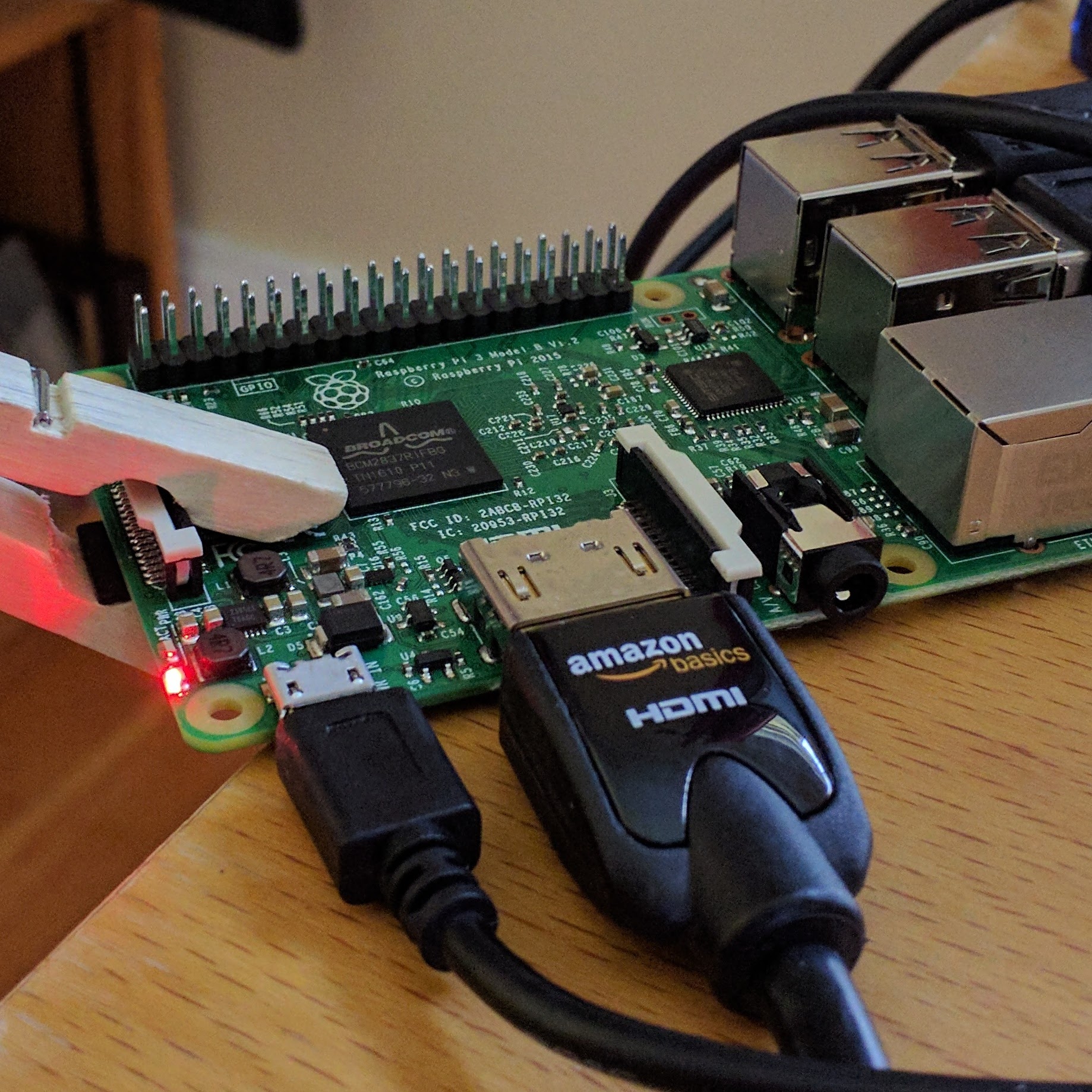A recent Professional Development (PD) got me thinking about what kind of questions I might ask to extend students into the world of metacognition, I ran across this article on TeachThought that had a list of questions. I am going to try some and see how they work for me.
Reflection & Collaboration
1. What do you think about what was said?
2. How would you agree or disagree with this?
3. Are there any other similar answers you can think of with alternative routes?
4. Does anyone in this class want to add something to the solution?
5. How might you convince us that your way is the best way?
Self-Reflection
6. How did you determine this to be true?
7. Why didn’t you consider a different route to the problem?
8. Why does that answer make sense to you?
9. (in response to an answer):…what if I said that’s not true?
10. Is there any way to show exactly what you mean by that?
Reasoning
11. Why do you think this works? Does it always? why?
12. How do you think this is true?
13. Show how you might prove that?
14. Why assume this?
15. How might you argue against this?
Analysis
16. How might you show the differences and similarities?
17. What patterns might lead you to an alternative answer?
18. How many possibilities can you think of and why?
19. Predict any number of results?
Connections
20. How does this relate daily occurrences?
21. Which ideas make the most sense and why?
22. Which problems feel familiar? Why?
23. How does this relate to current events?
24. What kinds of examples make this problem workable?
25. What other problems fit this style or example?
Science and Social Questions
39. What’s the purpose for this experiment or argument?
40. Would you elaborate on the purpose of this?
41. What issues or problems do you see here?
42. What evidence or data are given that help make this worthwhile?
43. What are some of the complexities we should consider?
44. What concepts help organize this data, these experiences?
45. How can you justify this information?
46. How can we verify or test that data?
47. What details can you add to make this information feel more complete?
48. Which set of data or information is most relevant or important?
49. How is all of this consistent or inconsistent?
50. How am I seeing or viewing this information? Objectively or subjectively? Should I then change my view?

Leave a Reply
You must be logged in to post a comment.